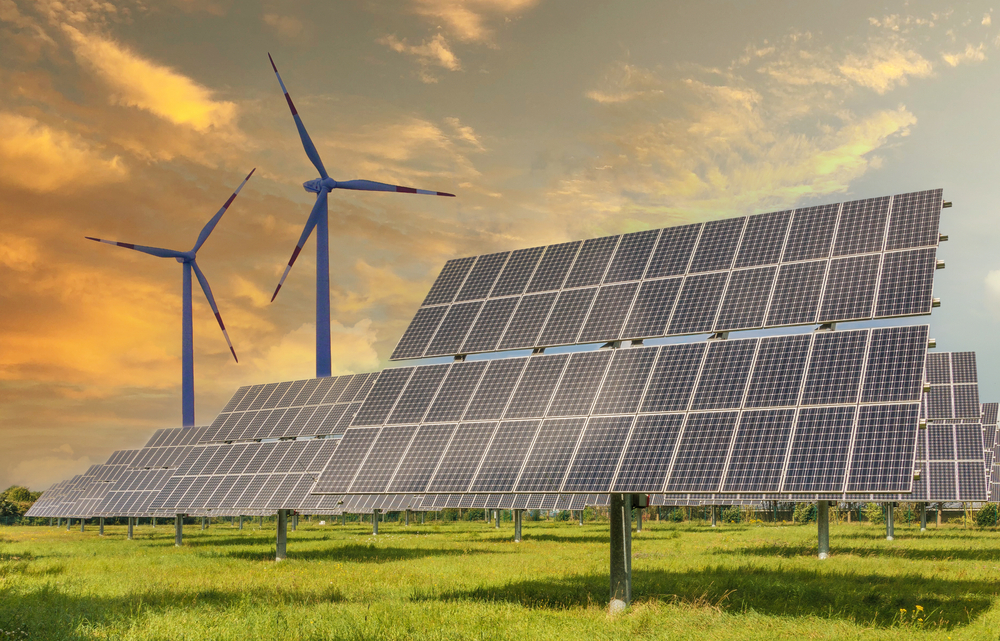As per Reuters, global energy-related CO2 emissions reached an all-time high last year and the main cause was the drought, which put a dent in hydro power production, meaning that affected countries had to resort to fossil-generated energy to make it through the year.
And this is exactly what we should avoid, experts say, if we want to hit our climate goals. "Far from falling rapidly - as is required to meet the global climate goals set out in the Paris Agreement - CO2 emissions reached a new record high", IEA experts warned.
Energy emissions in 2023 grew by 1.1% last year or 410 million tons of CO2, but despite that, the growing market of solar and wind power, as well as EVs helped curve the growth generated by fossil power plants and the rise of the aviation sector.
At the same time, the replacement of hydro plants with coal-fired plants contributed with 40% to the growth, or 170 million tons of carbon emissions.
IEA officials say that "without this effect, emissions from the global electricity sector would have fallen in 2023."
Energy-related emissions in the US fell by 4.1% last year, while in Europe, one of the heavily-affected regions by drought, they dropped by nearly 9%, but in China, they rose by 5.2%.
 Mihai - Cristian Ioniță
Mihai - Cristian Ioniță












Any thoughts?